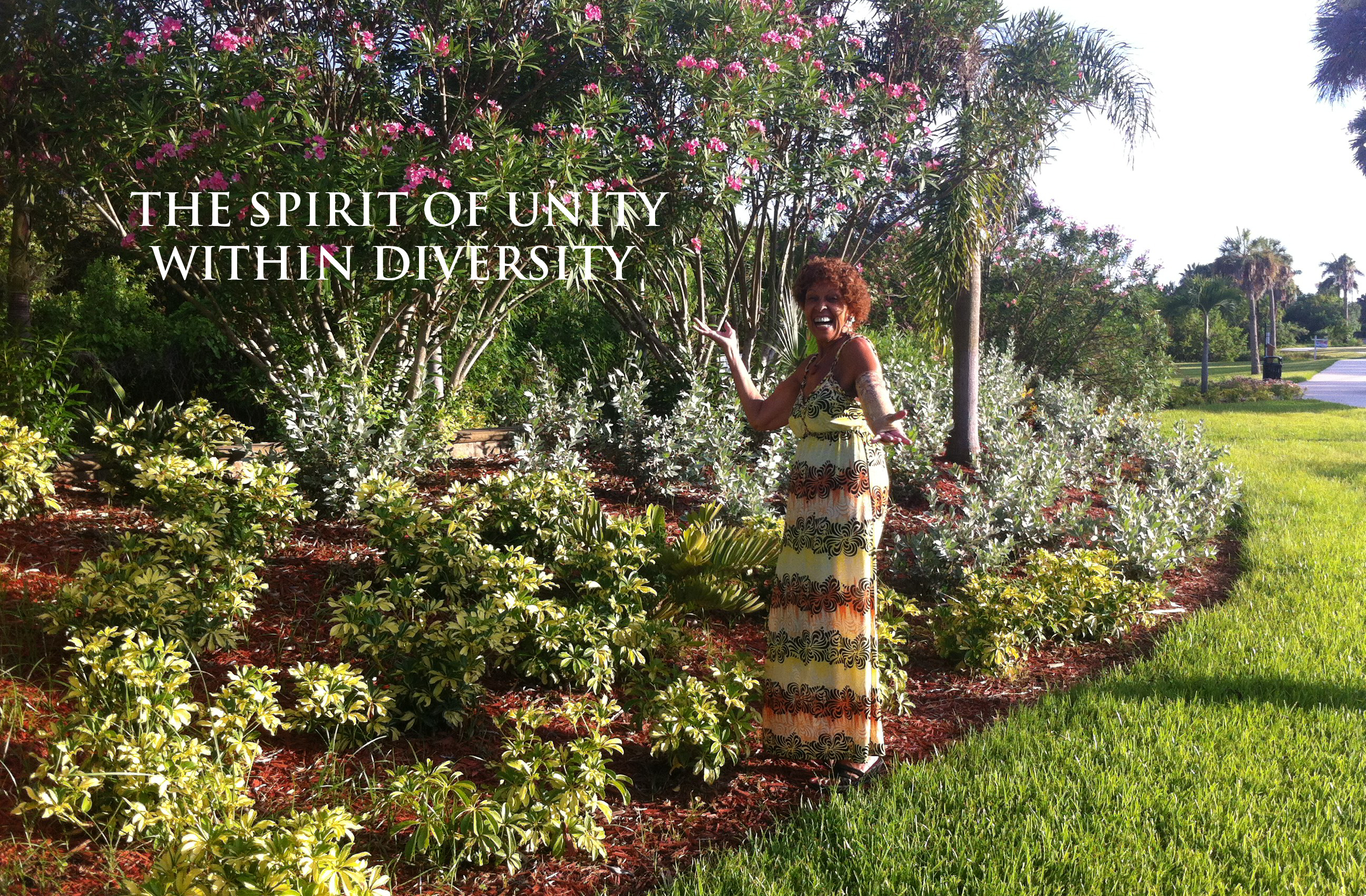“Well I have to tell you . . . I voted for ________”
“You did what!?!?!?” Words said only in my mind.
I was having lunch with a dear friend. When I heard who she had voted for, I felt shock and pain. I thought I knew her after fifteen years of friendship. How could she be my close friend and have that political mindset?
I smiled and said, “Oh, that’s interesting. Can you tell me why?”
She prefaced her answer with, “This is a free country and I can choose to vote anyway I like.” Then she went on to tell me her reasoning. The conversation was adult and civil. I didn’t agree with her, but I could understand her. Most importantly, our friendship is still intact.
She went on to tell me that she made the same “confession” during a telephone conversation with a friend of fifty years. That person’s response was “Goodbye and have a nice life.” The phone was slammed down. With one x marked on a paper ballot, a friendship of fifty years was abruptly terminSimilar scenes are repeated across the country. The end result may not be so dire, but many relations hips are challenged; diminishing closeness and trust.
Would it surprise you to know that neither Hillary nor Donald lose any sleep over our broken friendships? Did you know that neither Donald nor Hillary are even aware that we exist? So why give either of them the power to steal our joy?
When someone votes against our candidate we take it personally. We assume that they’re turning against us and our ideals. But many times, our values have nothing to do with their decisions. Unfortunately, this past election has brought an inordinate animosity to the surface, and more rifts have occurred not only in friendships, but in families as well
I come originally from New York. We don’t abide by the rule that religion and politics are not up for discussion. We discuss these controversial issues openly with gusto. We gesture with our hands and raise our voices in a process that exercises the muscles of our brains. When these arguments are done, our friendships survive and are often enhanced.
Suppose we look upon our political differences as an opportunity to communicate, to ask for clarification, and hopefully to understand each other better.


